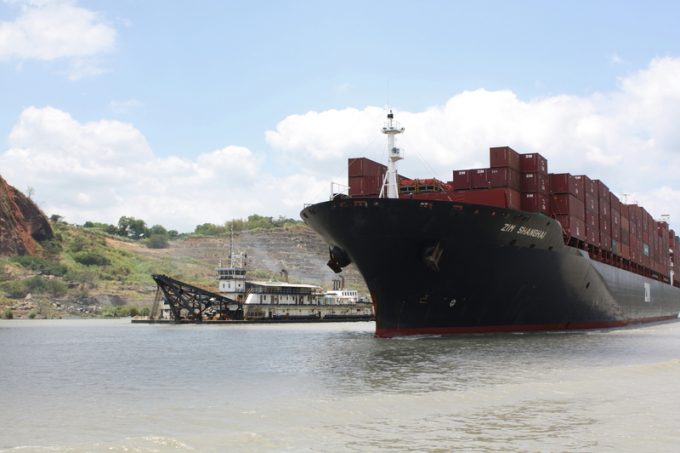Cambodia-Thailand spat sees land border closed, but ports remain open
Cambodia and Thailand’s ocean-based trading links appear to have remained open, despite a deteriorating political ...

Shippers are being warned against a hasty return to the US west coast after an apparent breakthrough in contract disputes and while there are concerns over an “unprecedented” drought in the Panama Canal.
Reports over the past week have suggested the El Niño weather system will ...

Comment on this article